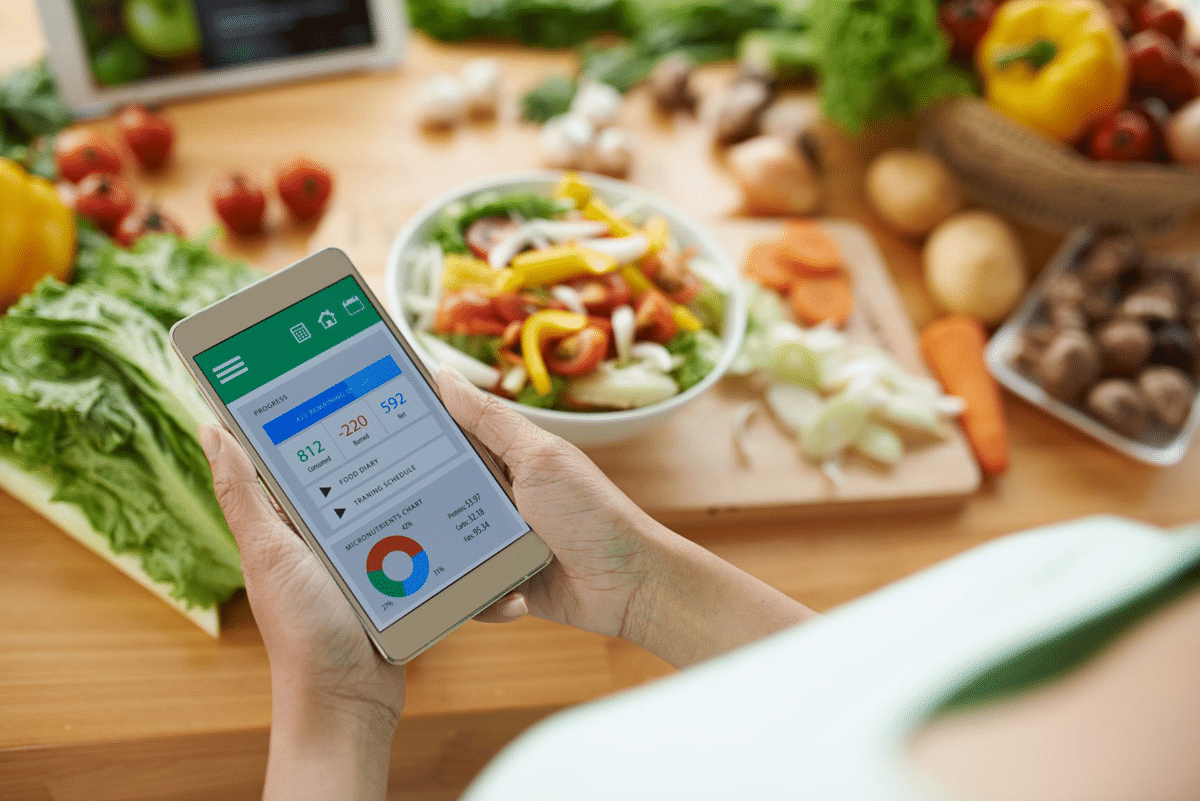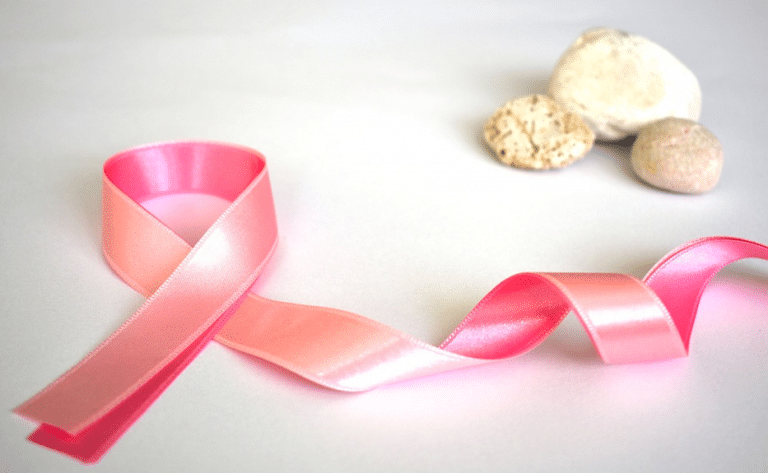Whether you want to lose weight or maintain a healthy lifestyle, monitoring your calorie intake is a critical step. However, some people think that they can take in as many calories as they can before exercising to have enough energy to finish a session.
Your pre workout meal timing is still important because not all your food intake can be burned in one session. This is why you should fully understand the concept of calories and the importance of monitoring it to achieve your weight goals.
In This Article
Understanding Calories
A calorie is a popular unit of energy commonly used in diet and health care literature. All food that you consume contains calories. Calories are not necessarily bad for you. You still need enough calories because this is the source of your energy. However, too much food means too much energy source. When you don’t use this energy source, it stays in your body, increasing your weight.
Foods that are high in calories are considered to be bad for you. These foods include fat, sugar, high-fiber, and fast foods. To help reduce the number of calories they’ll receive, a person should consider their food intake.

How Many Calories Should A Person Eat In A Day?
Some experts believe that calorie intake shouldn’t exceed 2,500 calories per day. However, some people can burn more calories than they eat by exercising regularly. This creates a balanced between the calories you take and you burn, which is needed if you want to maintain your current weight.
All nutrition labels base their guidelines on a 2,500-calorie daily diet. The number of calories a person consumes each day depends on many factors, including their age, gender, activity level, body weight, and body type.
Women who want to lose weight after giving birth shouldn’t be hasty in reducing the number of calories they eat in a day, especially breastfeeding women. Postpartum women should refer to their doctor before restricting calories because it may affect their babies’ nutrition.
How To Count Your Calories
If you want to lose weight, you need to eat fewer calories more than you burn. However, managing your food intake can be challenging, given the current food environment you’re in. Take note that processed foods, which are easier to acquire, have more calories than meals you prepare at home.
To become successful in monitoring your calories, here are a few things you should follow:
Measure Your Required Calorie In A Day
As mentioned, the number of calories in a day is different for every person. Before you can successfully monitor your calorie intake and determine how much you should reduce to lose weight, you need to measure your required calorie intake.
To determine how many calories you need in a day, weigh yourself first. After that, multiply your current weight by 15. The product is the number of calories you should consume in a day to maintain this weight, considering you’re moderately active. A moderately active lifestyle means getting at least 30 minutes of physical activity, like running, walking, or active sports.
If you want to lose weight, you need to reduce your required calorie intake by 500 calories or increase your daily exercise duration.
Measure Your Food Portions Accurately
To effectively monitor your calorie intake, you should properly measure food portions. Never guess how much calories are in your meal; always ensure you’re eating within your limit. You should invest in a digital kitchen scale to measure how much of a certain food you need to eat in a day.
Another way to measure portions is to use measuring cups. Measuring cups are more useful when you measure liquid like milk or cream.
Keep A Food And Exercise Journal
Another way to keep track of your intake is to create a menu or an eating journal, which you can use as a reference to track your calories. You can also try to keep a diary of food that you consume, even if it’s low in calories. This will help you monitor your diet and make a note of your weight loss progress. It may also be used to track your exercise.
You can use apps and tools to measure the total calories you burned after a run, walk, or exercise routine. Smartwatches help you determine how many calories you burned in a day. With this, you can adjust your calorie intake or exercise routine accordingly to help you get to your desired weight.
Be Religious When Logging
When it comes to logging your total calorie intake, you should be religious in tracking every food you eat. To feel the optimum effect of counting calories, you should include snacks or nibbles. Even a few scoops of ice cream add a significant amount to your calorie intake. To have a realistic calorie counter, make it a habit to write everything in your food journal.
Use Calorie Counter Tools
If logging in a journal can be quite a chore, you can use a digital calorie counter or apps available for your phones. There are tons of calorie counter tools and apps available today. If you don’t have a perfect memory of what you ate today, using apps will help you log and count the calories in your every meal.
Advanced calorie counters automatically record the calories in your meal just by taking a picture of the meal or scanning the bar codes of the food packs. You’ll need to input the number of servings you ate with your digital scale or measuring cups. After you input the amounts on the app, it’ll automatically calculate and record how many calories you had.
Final Thoughts
Overeating can have adverse effects on your health. This is the reason why calorie counting is critical in many diet regiments. When it comes to maintaining a healthy weight, monitoring your calorie intake is critical, too.
Foods that are high in calories are considered to be bad for you. These foods include fat, sugar, high-fiber, and fast foods.
While you’re counting calories, always remember that you also need to have a balanced meal. A balanced meal includes the right amounts of protein, fats, carbs, and other nutrients. When you follow these rules, you’ll surely achieve your wellness goals.











